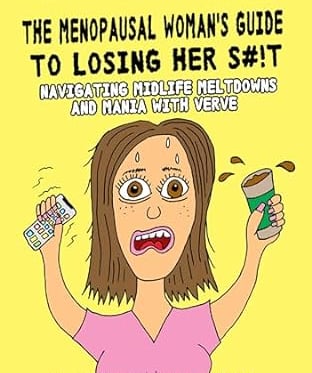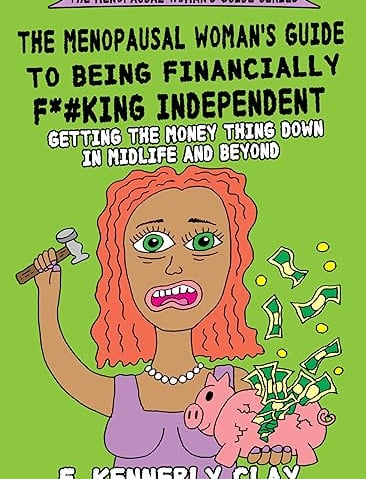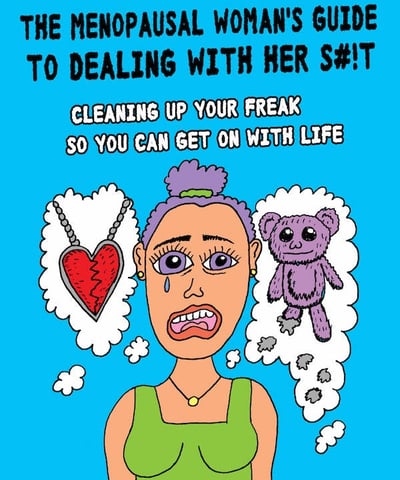Wondering if Menopause Depression Goes Away
Hormonal fluctuations subside in the postmenopausal years, often lessening symptoms of depression. Here's how to cope in the meantime.
MENOPAUSAL SYMPTOMSMENOPAUSAL DEPRESSION
Kennerly Clay
5/31/20245 min read
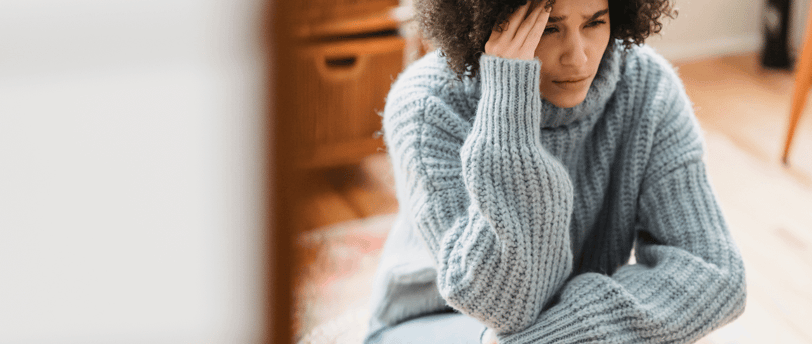

Does menopause depression go away?
Menopause depression arises as women transition through menopause, a natural biological process marking the end of menstrual cycles. It is intricately linked to the hormonal fluctuations unique to this period.
Depression in menopause is characterized by persistent feelings of sadness, hopelessness, and a lack of interest in daily activities - symptoms which closely mirror those of clinical depression. But the hormonal changes during menopause, particularly the fluctuating levels of estrogen and progesterone, play a pivotal role in impacting mood. Menopause and mental health concerns often coincide.
Hormonal hell in menopause
Estrogen and progesterone are hormones that significantly influence the brain's neurotransmitters, such as serotonin, which regulates mood. During menopause, the levels of these hormones can become erratic, leading to mood swings and an increased susceptibility to depression. Beyond these hormonal shifts, menopause brings a host of psychological and physical stressors that can exacerbate depressive symptoms. Sleep disturbances, for instance, are common during menopause due to night sweats and hot flashes, which can lead to chronic fatigue and contribute to feelings of depression. Anxiety, another frequent companion of menopause, can further strain mental health, creating a cycle of stress and depressive symptoms.
Mind-body brouhaha
Additionally, the physical changes and societal pressures associated with aging can impact a woman's mental well-being. Concerns about body image, the loss of fertility, and changes in sexual health can combine with the hormonal turbulence to heighten the risk of menopause depression. It's crucial to recognize these multifaceted contributors to adequately address and manage your mental well-being.
If you or someone you know is in crisis, please call 988, the Suicide & Crisis Lifeline in the United States.
So, will menopause depression go away?
Okay, don't hate me, but the answer largely depends on your individual circumstances and how your body adjusts to postmenopausal hormone levels.
For some women, menopause depression may indeed improve over time. As the body gradually stabilizes its hormone levels after menopause, the associated depressive symptoms can diminish. This adjustment phase can vary in duration, with some women experiencing relief sooner than others. The natural course of hormonal fluctuations eventually reaches a balance, potentially leading to a reduction in depression symptoms.
I suppose this is what happened for me, but not after living in a black fucking hole for years. I struggled hard, trying everything from antidepressants to talk therapy to walks in nature to morning meditation, energy work, consulting with spiritual advisors and beyond. I just couldn't shake the fucked up place I was in. Ultimately, I came up on the term (and self-diagnosis): existential depression, a particularly challenging condition even for mental health professionals to treat.
Existential depression in menopause
Existential depression is when you not only experience symptoms of major depressive disorder but you're plagued with an overwhelming sense that nothing in life matters at all. For me it sounded like:
God, do I have to live for another 40 years?
My life is great. I have everything I've ever wanted. I still hate fucking living.
I have passion and purpose, and still have no desire to be here anymore.
That kind of thing. I even had a therapist tell me she had a hard time treating people with existential depression. It's barely touched by talk therapy or antidepressants.
What ultimately worked for treating existential depression? I was open to psychedelic medicine, and in particular, ketamine therapy for depression. I wrote extensively about my six-week journey with in-home ketamine treatments as well as my post-ketamine results. Read all about it on my personal blog.
This menopause stuff just too much?
Get support with our curated list of survival tips from women who've experienced the menopausal shitshow.
Daily habits to make you fucking feel good
Sanity splurges (like hiding out or getting outta town)
Natural product recommendations to knock those annoying symptoms out
Mother’s Little Happiness Helper Playlist ideas
Exclusive access to VIP Menopausal Woman’s Gab ’n Gripe FB Group
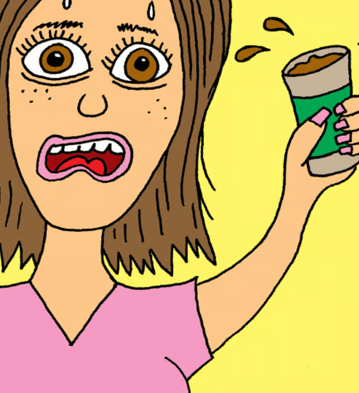

Whether menopausal depression goes away may depend on factors you control
Of course not all women have the same experience. While some may find that depression lessens as they move further from menopause, others may continue to face challenges. Persistent menopause depression can be influenced by a variety of factors, including genetic predisposition, previous history of depression, and overall physical health. (If you've got the first two stacked against you, it might be wise to focus on the third one, big time. And on feeling good. Find ways to fucking feel good! For me, dancing around the living room to a song I live is a tiny bit of feel-good I can add to my day, at any time.)
If you're experiencing depression in menopause, be sure to seek professional assistance, whether through counseling, medication, or other therapeutic interventions. Find a healthcare professional who can take a tailored approach that addresses your unique needs. While you're at it, make those lifestyle modifications like alleviating stress, slowing your life down, and getting a little bit of movement in. As always, coping with menopause depression comes from within.
It's okay to be optimistic
Unfortunately, at this time in our lives, we have to be insanely proactive. No one is coming to rescue us from menopausal malaise. It's up to us to get into action and connect with others who are going through it. It's also okay to be optimistic about menopause depression going away some time in the future. While the journey may be complex and requires continuous effort, there is always hope. And I can tell you from my own experience: The deep, dark, depths I was once in are no more. But you could never have convinced me this was possible when I was in the midst of it.
Wanna talk more about depression in menopause?
Books for women who are losing it in menopause
Mental Health
Losing your mind in peri/menopause?
The menopausal woman's guide series
Financial Health
Had enough of financial insanity?
Personal Growth
Triggers? Old stuff kicking up?
Related topics
Explore helpful articles, tips, and advice for women who are losing their shit in menopause.
Community
Stay Connected
© 2024. Eclectic Content, Inc. All rights reserved.

